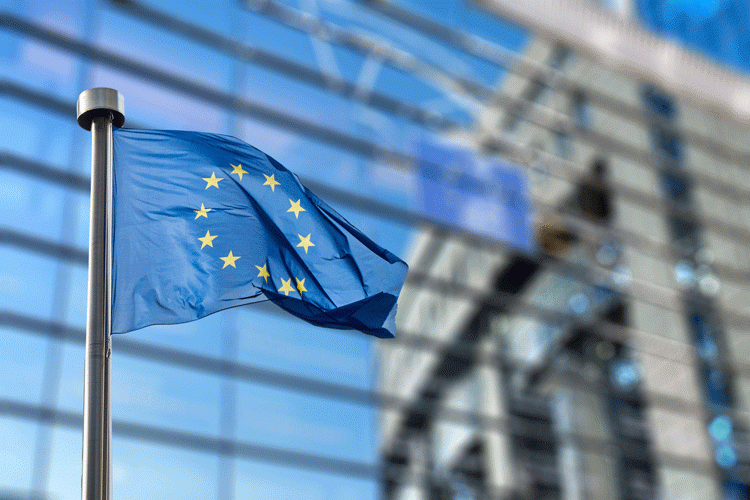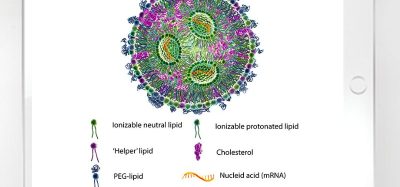EU measures in support of generic pharmaceuticals producers
Posted: 21 February 2019 | European Pharmaceutical Review | No comments yet
The EU is adopting new rules which should boost the competitiveness of EU producers of generic medicines and biosimilar products…


Member states’ ambassadors met yesterday (20 February) in Coreper and endorsed a deal reached on 14 February with the European Parliament on a draft regulation which introduces an exception to the protection granted to an original medicine by a supplementary protection certificate (SPC) for export purposes and/or for stockpiling.
Thanks to the exception, EU-based manufacturers of generics and biosimilars will be entitled to manufacture a generic or biosimilar version of an SPC-protected medicine during the term of the SPC either for the purpose of exporting to a non-EU market where protection has expired or never existed or (during the six months before the SPC expires) for the purpose of creating a stock that will be put on the EU market after the SPC has expired.
SPCs are intellectual property rights that extend patent protection (for up to five years) for medicinal products that must undergo lengthy testing and clinical trials before being authorised to be placed on the EU market. The aim of SPCs is to avoid that the term of patent protection would be curtailed by the period that elapses between the date of filing of the patent application and the date of the authorisation to place the product on the market in the EU.
The regulation will remove the competitive disadvantages faced by EU-based manufacturers of generics and biosimilars vis-à-vis manufacturers established outside the EU in global markets.
The exception will operate only where: generics or biosimilars are produced exclusively for export to third countries where protection of the original medicine does not exist or has expired or for stockpiling purposes during the last six months of the validity of the SPC; the maker has provided the information required by the regulation to both the authorities of the member state of production and to the holder of the SPC at least three months in advance; the maker has duly informed all those involved in the commercialisation of the product; or the maker has affixed to the packaging of the product the specific logo provided for by the regulation indicating clearly that it is only for export.
Until a set date (three years from the entry into force of the regulation), the regulation will affect only SPCs that are applied for on or after the date of entry into force of the regulation. From then on, the regulation will also affect SPCs applied for before the entry into force of the regulation, but which have become effective after the entry into force of the regulation.
Related topics
Biosimilars, Drug Manufacturing, Generics, Manufacturing, Regulation & Legislation









